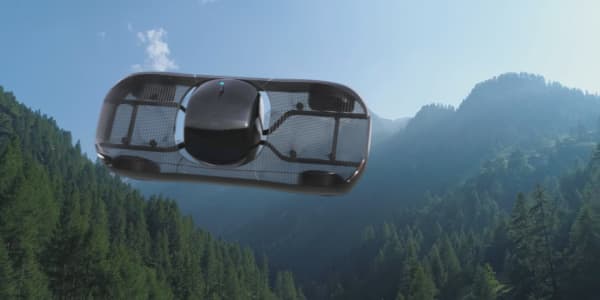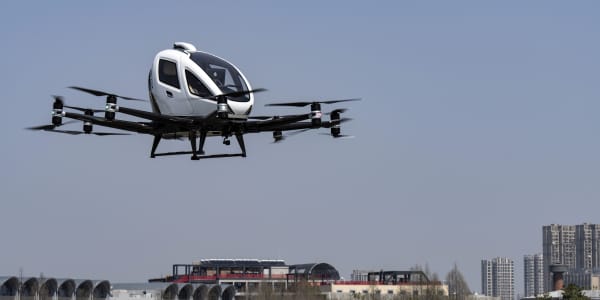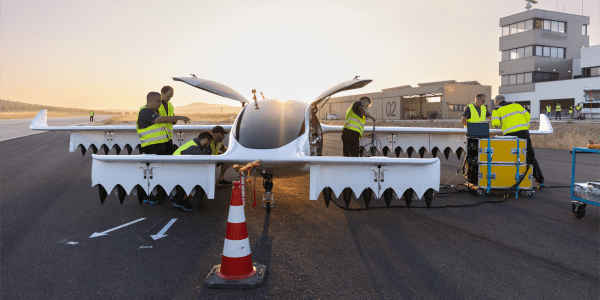The space industry started the first quarter of this year the way it ended the last – with hundreds of millions of dollars worth of private funding flowing into commercial space companies.
There were 20 deals worth nearly $1 billion in the space industry in the first quarter, according to investment firm Space Angels — though $500 million of that was a single deal: A big investment from Fidelity Investments in Elon Musk's SpaceX to develop its constellation of 4,425 broadband satellites.
Small rockets – typically priced between $2 million to $5 million per launch – have been a dominant theme this year, especially thanks to Rocket Lab's first orbital launch of its Electron vehicle in January. With Vector and Virgin Orbit also pushing to reach orbital launch this year, these rocket builders are hoping to seize a part of the premium market to launch small satellites.
"We see the entry of small launch vehicles as a specialization within the sector and an indication that commercial launch is maturing," Space Angels CEO Chad Anderson wrote in the report.
Companies focused on building and operating launch vehicles dominated first quarter investments, accounting for more than 72 percent with about $700 million, due to SpaceX's heavy fundraising. With its recent $35 million round, Relativity Space also stands out as it works to manufacture orbital rockets with massive, custom-built 3-D printers. Likewise, World View Enterprises closed a $26.5 million round of funding to further develop its technology to send equipment to the edge of space using high-altitude balloons.
While much of the launch fundraising was in later stage investments, there have been 11 early stage deals (also known as seed and Series A funding rounds) so far this year, including the $15 million round of Australian satellite company Myriota.
Big money continues to back space
The total number of high profile investors and venture capital funds continues to increase in 2018 – a trend Space Angels traces back to 2009.
Andreeseen Horowitz and Accel Partners are the latest Silicon Valley funds to back space ventures, with the former investing in satellite start-up Astranis and the latter funding World View.
Jeff Bezos, Elon Musk, Richard Branson and Robert Bigelow continue to pour hefty amounts of money into their space ventures – and have begun to see results. Bezos' Blue Origin is rapidly passing milestones with its BE-4 engine, SpaceX astounded millions with its Falcon Heavy launch, Virgin Galactic completed the first powered flight of its Unity rocket and Bigelow took the next step toward the world's first habitable private space station with Bigelow Space Operations.
Mark Cuban continued to contribute to Relativity Space, which also raised funds from Playground Global, Y Combinator Continuity and Social Capital.
Space Angels compared the venture capital life cycles of space start-ups against those in the technology sector, using data from Pitchbook for the latter. The firm found that space companies tend to raise more money during early stages of investment, until the Series B round.
With space ventures typically defined as high risk, high reward investments, Space Angels found the companies attract valuations many times greater than a typical technology start-up.
This notable jump in valuation tends to happen "after proving critical milestones such as technology demonstration, revenue growth, and margin expansion," Anderson said.
The space industry is coming off record investment in 2017, which Anderson has called "the year of commercial launch." Private investors poured $3.9 billion into commercial space companies last year, with over 120 firms making investments.
The Space Angels portfolio includes rocket builder Vector, asteroid miner Planetary Resources and satellite start-ups Iceye and Planet.






